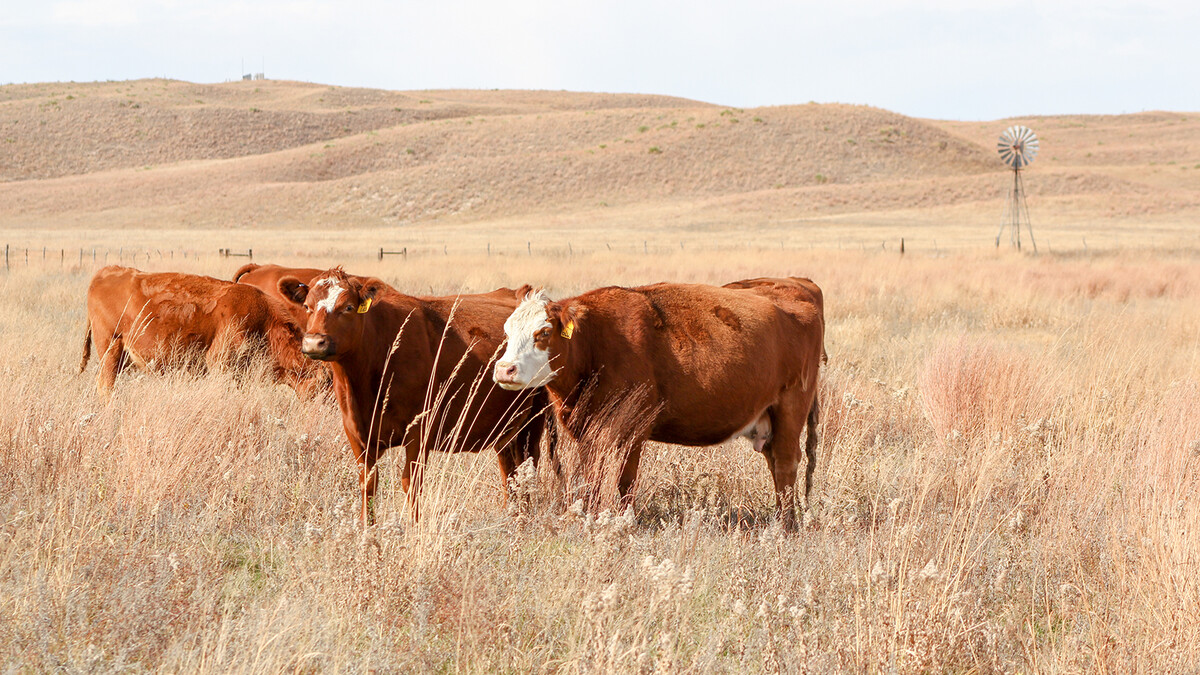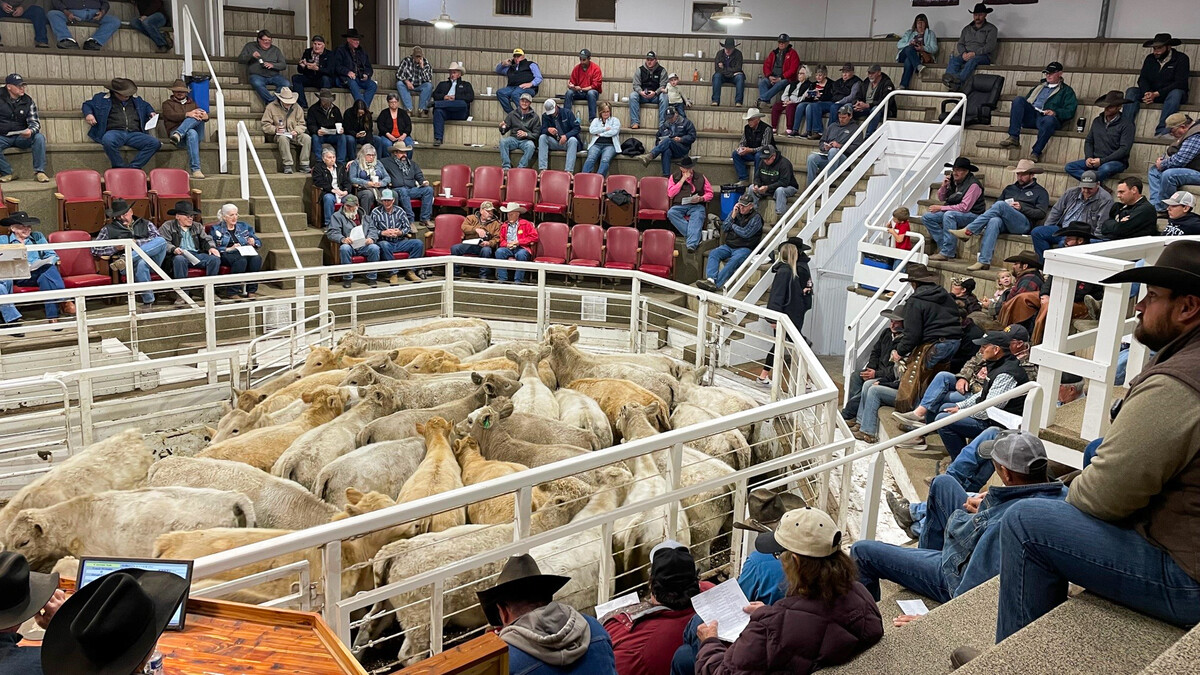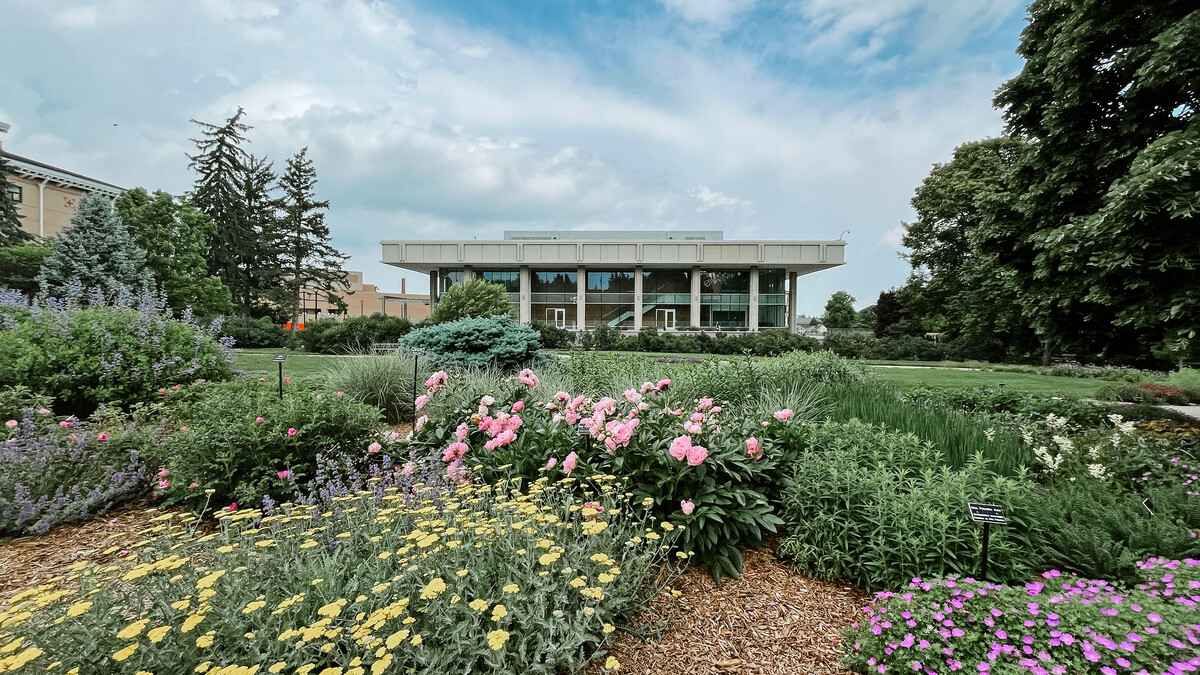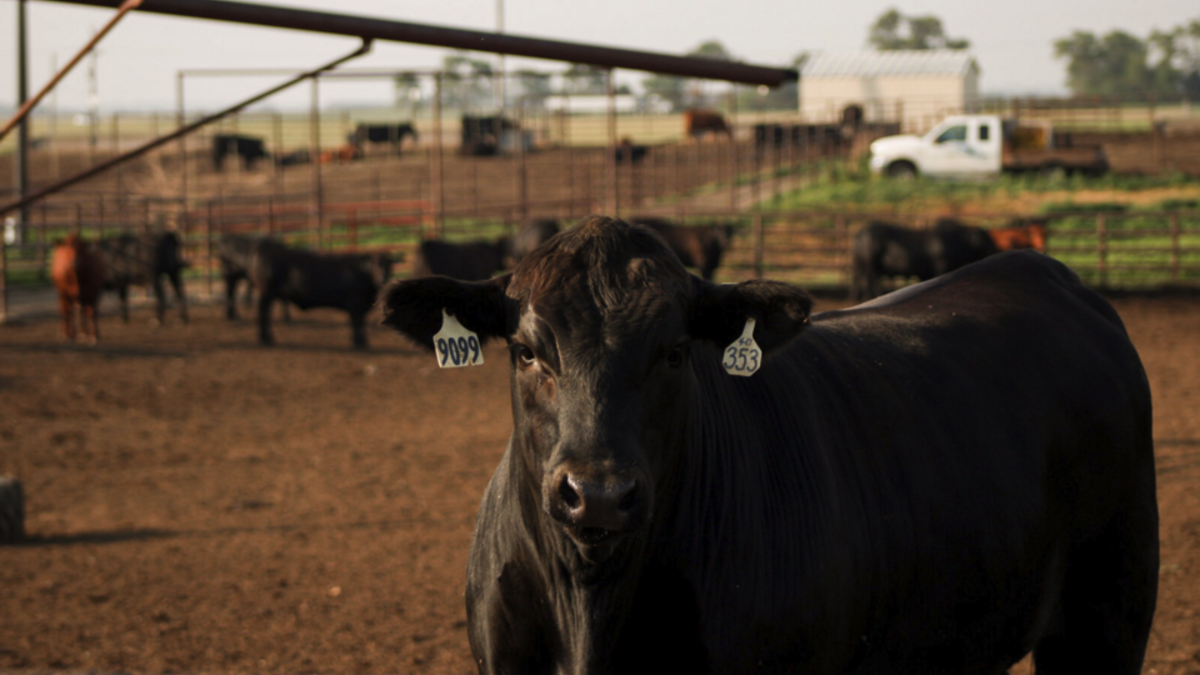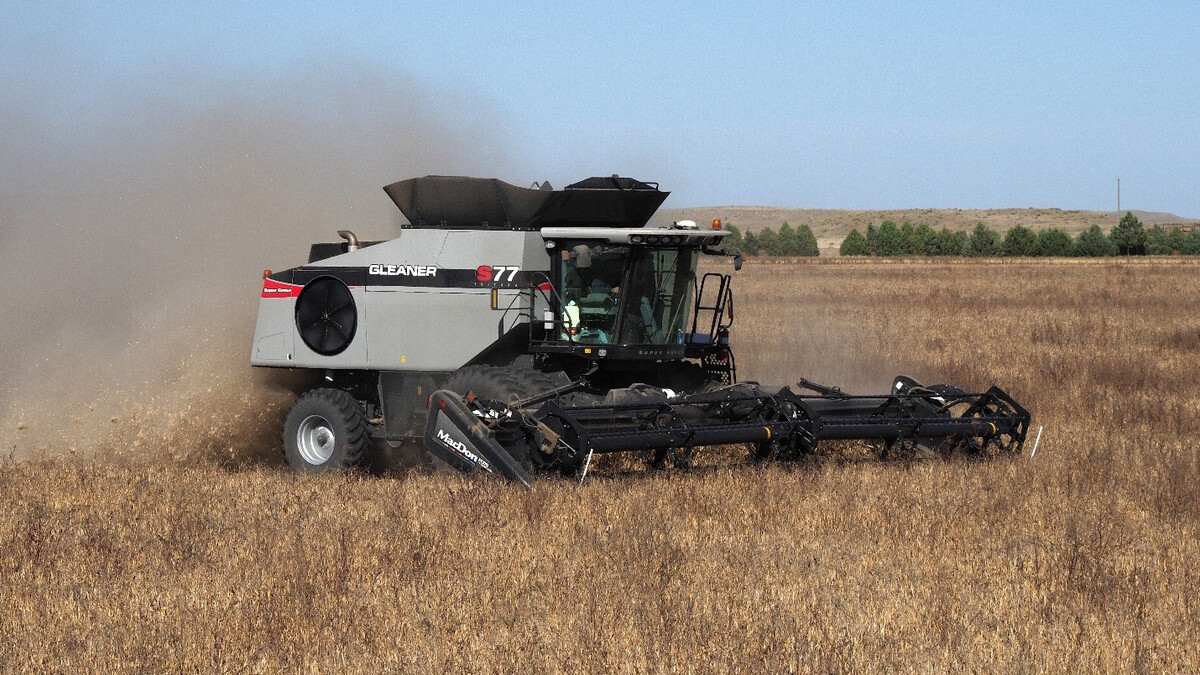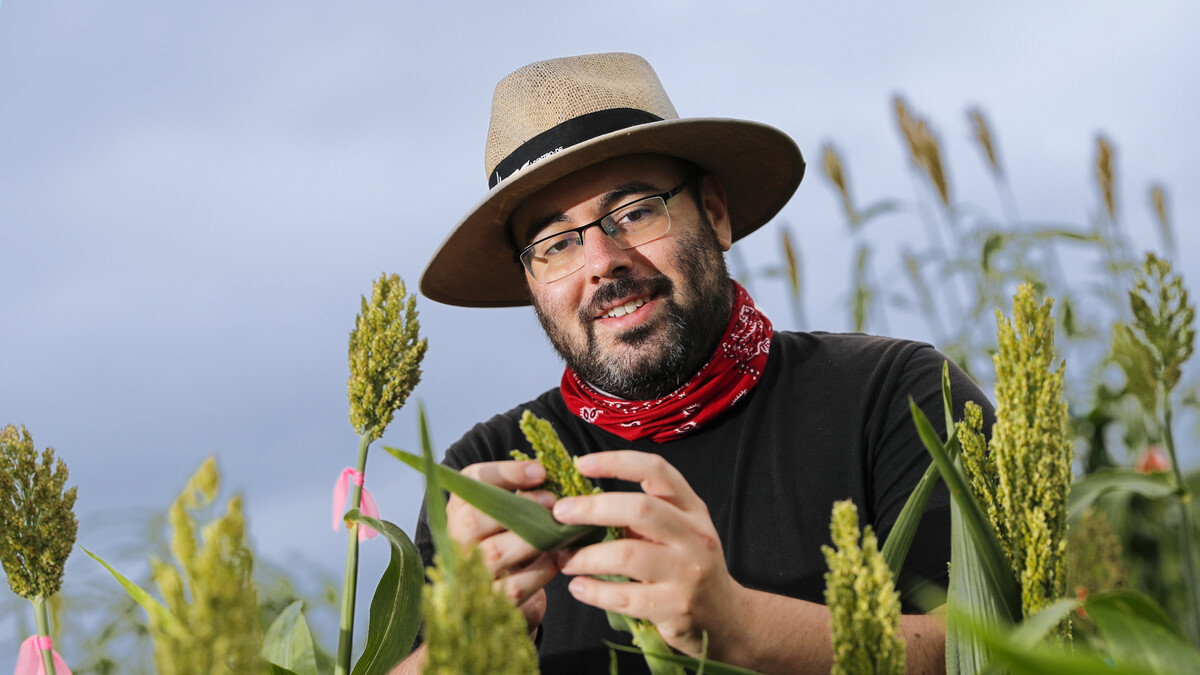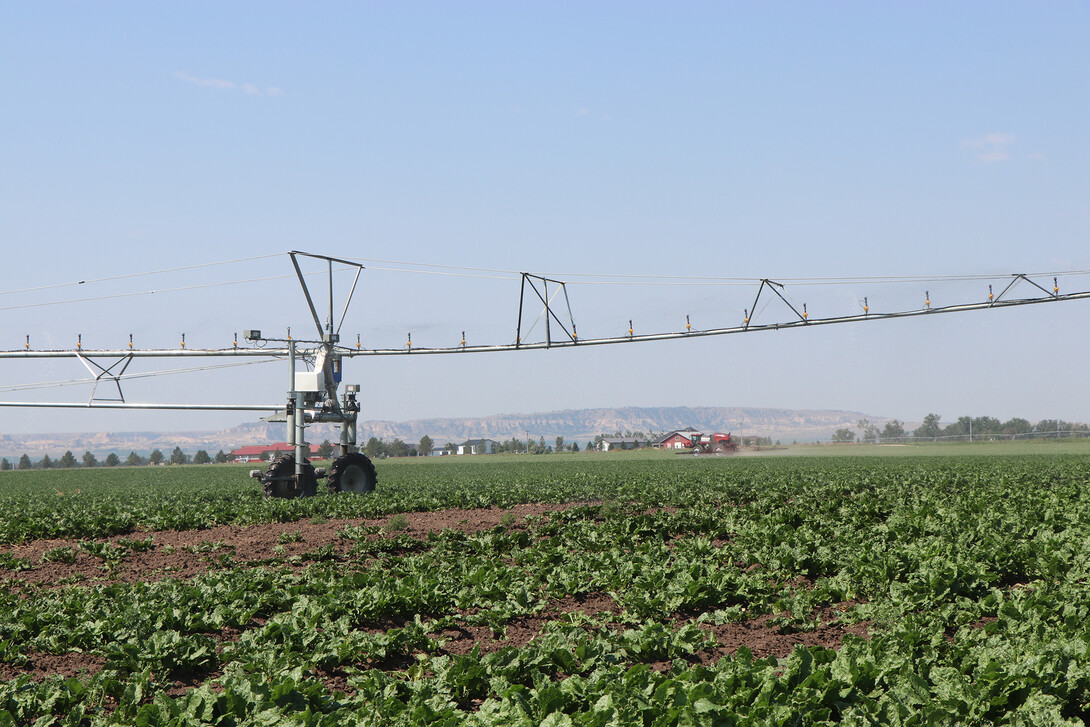
Lincoln, Neb. —
The market value of agricultural land in Nebraska increased by five percent over the prior year to an average of $4,015 per acre, according to the preliminary results of the 2024 Nebraska Farm Real Estate Market Survey. This marks the third consecutive year of increases in the market value of agricultural land in Nebraska, setting another high in the non-inflation-adjusted statewide land value in the survey's 46-year history.
The University of Nebraska-Lincoln's Department of Agricultural Economics annually surveys land industry professionals across Nebraska, including appraisers, farm and ranch managers, agricultural bankers, and related industry professionals. Results from the survey are divided by land class and summarized by the eight Agricultural Statistic Districts of Nebraska.
The 2024 final results revealed that most of Northwest Nebraska’s agricultural land values were higher for the reporting year ending February 1, 2024. The Northwest region includes Banner, Box Butte, Cheyenne, Dawes, Deuel, Garden, Kimball, Morrill, Scotts Bluff, Sheridan, and Sioux counties. The average farmland value in the region is estimated to be $960 per acre, which is 3% higher than the previous year.
Table 1 reports the eight major types of land reported in the survey and the average value of each type for the Northwest region. Table 2 shows the reported cash rental rates for various types of land. Values are reported in dollars per acre unless otherwise noted. Actual agricultural land values or rental rates for an individual parcel will vary from reported figures depending on the area’s quality attributes and local market forces.
Land industry professionals responding to the annual survey attributed the rise in Nebraska agricultural real estate values to purchases for farm expansion, current livestock prices, 1031 tax exchanges, the amount of land offerings for sale, and as a hedge against inflation.
Cropland rental rates moderated across Nebraska in 2024. Survey responses indicated lower crop prices have led to the reported changes and moderation in cropland cash rental rates. Favorable crop yields across the United States in 2023 have increased grain stocks and brought grain prices down from near-record levels. Input prices for seed, fertilizer, and chemicals have leveled off but remain elevated for specific key inputs.
Pasture and cow-calf pair rental rates trended higher across Nebraska in 2024. Rising grazing land cash rental rates follow higher cattle prices with the decline in national inventories. Cash rental negotiations should include early removal provisions when accounting for drought considerations for the upcoming growing season.
To view the complete report visit:https://cap.unl.edu/realestate or contact Jessica Groskopf, 308-632-1247, jgroskopf2@unl.edu
|
Table 1. Average Value of Agricultural Land, Northwest Region, 2024 UNL Farm Real Estate Market Survey Preliminary Results |
|
|
Type of Land |
Average Value (% Change) |
|
All-Land Average |
$960 (+3%) |
|
Hayland |
$945 (+2%) |
|
Dryland Cropland (No Irrigation Potential) |
$920 (+2%) |
|
Dryland Cropland (Irrigation Potential) |
$980 (-1%) |
|
Grazing Land (Non-tillable) |
$605 (+5%) |
|
Grazing Land (Tillable) |
$755 (+3%) |
|
Gravity Irrigated Cropland |
$2,790 (+1%) |
|
Center Pivot Irrigated Cropland |
$3,375(+3%) |
|
Table 2. Average Cash Rental Rate, Northwest Region, 2024 UNL Farm Real Estate Market Survey Preliminary Results |
|
|
Type of Land |
Average Cash Rent (% Change) |
|
Dryland Cropland |
$36 (-1%) |
|
Pasture |
$16 (+9%) |
|
Gravity Irrigated Cropland |
$135 (-7%) |
|
Center Pivot Irrigated Cropland |
$185 (-3%) |
|
Cow calf pair, per month |
$51.20 (+11%) |

